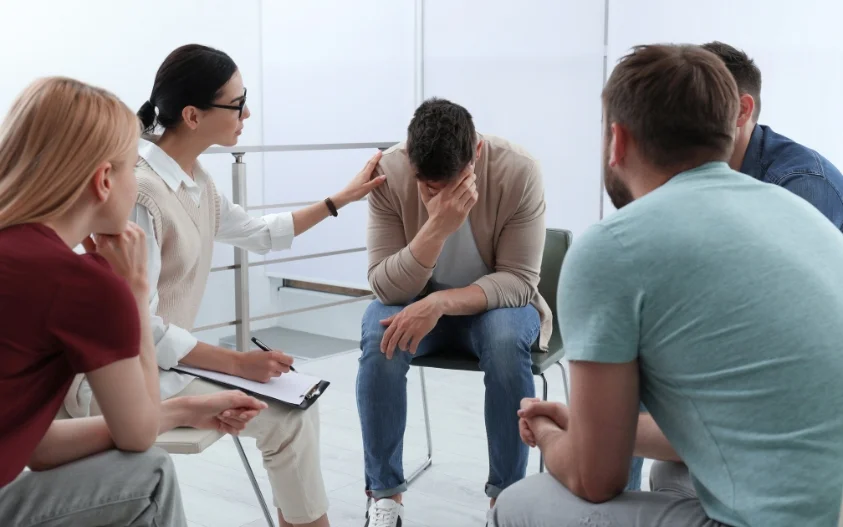24/7 Helpline:
(866) 899-221924/7 Helpline:
(866) 899-2219
Learn more about PTSD Treatment centers in Pequea
PTSD Treatment in Other Cities

Other Insurance Options

GEHA

Horizon Healthcare Service

Multiplan

Choice Care Network

Excellus

United Health Care

Carleon

Health Partners
Beacon

Kaiser Permanente

Private insurance

Sliding scale payment assistance

Regence

UnitedHealth Group

American Behavioral

UMR

ComPsych

Anthem

Premera

Meritain































